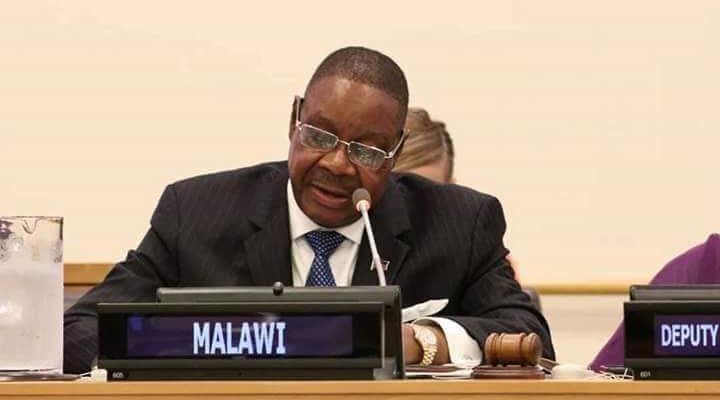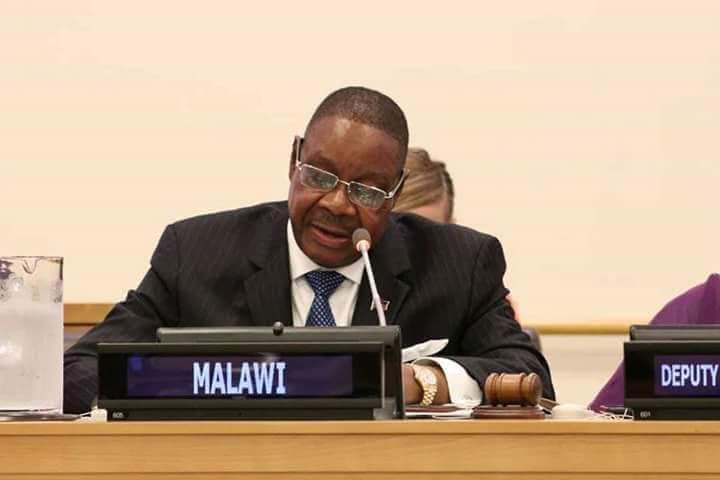
…calls for investment in education
President Peter Mutharika has stressed on the importance of educating children all over the world saying uneducated children end up costing economies.
Mutharika made the remarks during United Nations International Commission on Financing Global Education Opportunity at the ongoing United Nations General Assembly (UNGA) in United States.

The Malawi leader who was the co-host of the event said it’s awful to see many children dropping out of school and some just staying at homes.
He then urged world leaders to seriously dedicate themselves to financing global education adding that an entire generation of children all over the world is waiting.
“As we speak, 250 million children and youth are out of school, millions are not learning despite being in school, 800 million youths will not have basic secondary school level skills if things remain the same by 2030,” he said.
According to Mutharika, the consequences of such large numbers receiving poor or no education is scaring because sooner or later, these children will return to haunt economies as destructive consumers.
“We need to invest in them now so that they become productive labour forces of our economies. Let it never be doubted. We will always pay the cost of failing to educate our children. There is always a cost of not educating someone,” Mutharika said.
The Malawi’s first citizen stressed that education is the foundation of socio-economic development in every country and countries must invest a lot in it.
“But let me urge nations to invest in balanced education. We must encourage Member States to invest in the trinity of education that is knowledge, character and skills.
“We must prioritise skills education as a means of empowering human societies, including women, the youth and persons with disabilities. At the same time, we create skilled labour societies that are equipped to generate industrial growth,” Mutharika said.
He added that, rather than industrialise, African countries need to create skilled labour societies who must be indigenous productive drivers of our economies.














